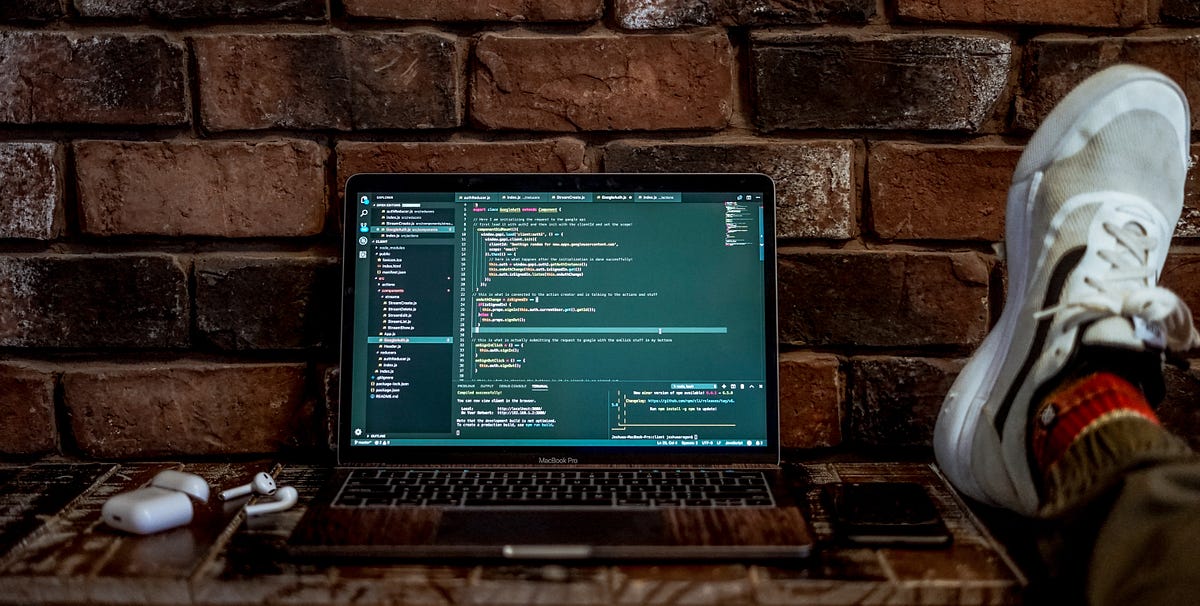One of the hardest parts of becoming a programmer is simply deciding what programming language you should learn. There are so many to choose from! You become curious and next thing you know you’re learning nothing more than the syntax and some algorithms of like 5 different languages just to feel as lost as you were when you first started.
The problem here is that when we’re first starting, we’re not always defining the direction we want to go with programming before we start. There’s a large misconception that to become successful as a programmer you just have to be very well versed in the syntax and algorithms of a specific programming language for the purpose of nailing whiteboard interviews to go work at some huge company that barely anybody gets accepted into in the first place. That all of sudden, if you just learn to code, that you’ll be able to make the million-dollar app idea that you came up within your college dorm room.
Blasphemy! You follow that tactic and I promise you that you will feel just as lost as when you first started when it comes down to creating something. Maybe you taught yourself the wrong language and what you wanted to create in the first place required a completely different language to work with. Maybe you learned all the nuances of a language just to realize you have no damn clue how to work with the framework that you’re working with. Remember, coders, are creators and not only just coders!
Define what technology you want to work with, what you want to build, and then only at that point, can you start learning a programming language with intent.
By defining what you clearly want to do and work with first, you’ll be able to find more utility in what you are learning and therefore be more productive in the act of creation and your approach.
Now with that being said, I’ve done my due diligence by creating a list for you guys on what you should learn based on the technology that interests you the most.
Data Science (Machine Learning, AI, Deep Learning)
Data Science is a bit more complicated in that they don’t require frameworks in order to learn effectively. In the approach to data science, instead, you’d have to place focus around the right libraries to use and have a fairly good understanding of both linear algebra, statistics, and calculus. Don’t be discouraged though if you don’t understand difficult math concepts, they are relatively easy to learn when you focus intently on the purpose of data science and what you are trying to accomplish with it.
Python
Python is a very easy programming language to learn especially among beginners who are having difficulty understanding the syntax of programming. This is a perfect language to learn because it receives a large extent of support for machine learning via a variety of libraries and tools available to use. It’s for this reason why understanding the math behind data science isn’t a must but rather a “good to have”, so that you know exactly what is going on behind the scenes. Otherwise, all you have to do is just fit datasets to the functions available in the libraries.
#careers #programming-languages #programming #career-advice #guides-and-tutorials #python
